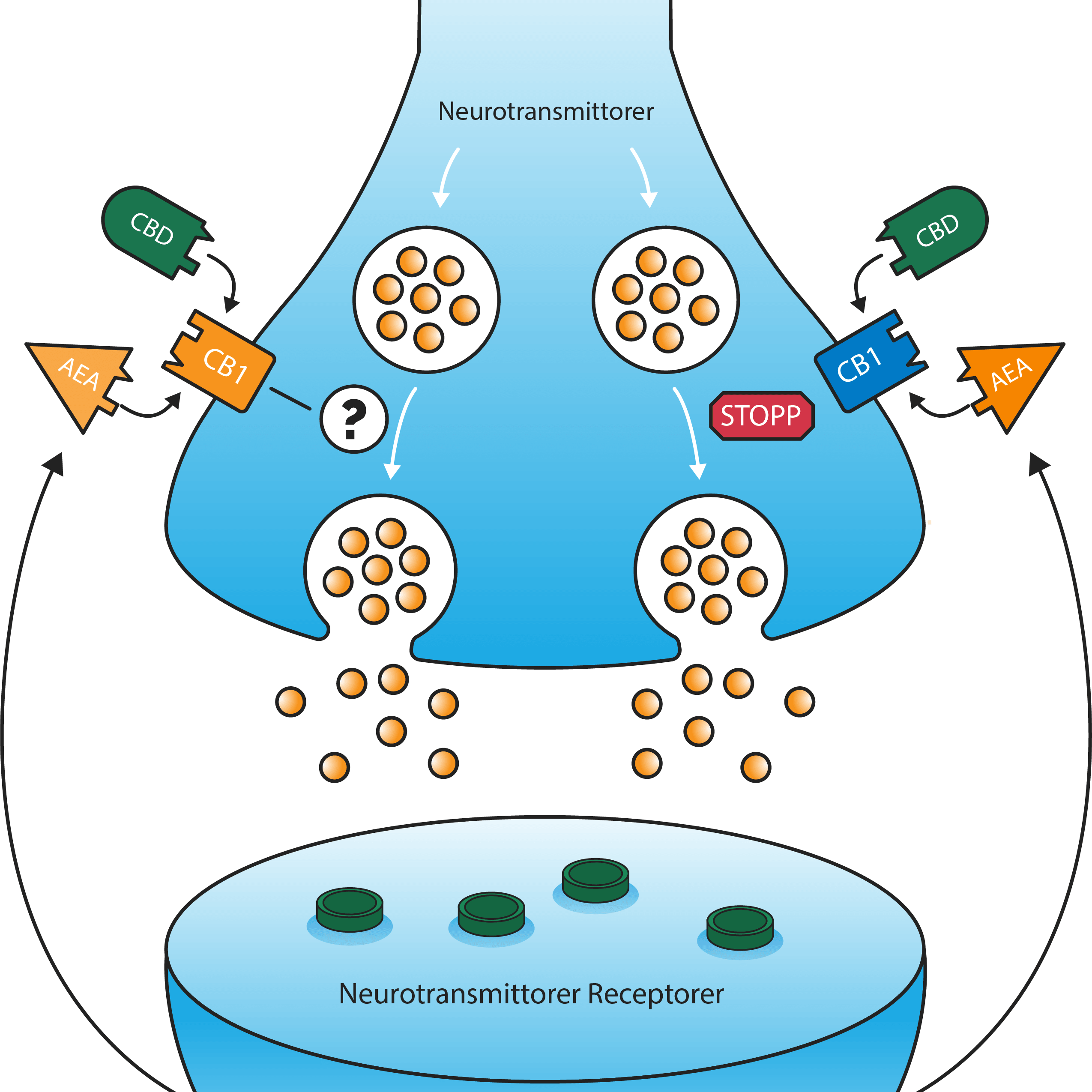Inflamed Skin - A Story of Inflammatory Cytokines and Endocannabinoids

The number of cases of inflammatory skin conditions increases drastically every year. Today, over 85% of all young people (between 12-24 years) have acne, 36% of all Westerners have sensitive skin and 10% have eczema. Unfortunately, these numbers increase, year after year.
But what is this actually due to? What actually happens when you get an inflammation in the body?
First of all, we have to talk about something called cytokines.
Simply explained, cytokines are different types of proteins that send signals to the cells to act against pathogens (bad bacteria, viruses, fungi etcetera). Normally these signals stop when the pathogen no longer poses a threat to the body, but in some cases the opposite happens. What happens is that the immune system's reaction to the virus turns into an exaggerated response. The immune system continues to send out cytokines that, in an attempt to protect the body, instead damage it.
When this happens, the cytokines are called "Proinflammatory cytokines". These are usually secreted in the event of, among other things, injury, stress or inflammation (Proinflammatory is the opposite of anti-inflammatory). Parts of the immune system are activated at the same time as the cytokines send signals to the brain. When this process kicks in, you may feel tired, groggy, and feverish—much like a lingering cold
But. How does this work more specifically for the skin? As most people know, the skin is the body's largest organ and has several essential functions for our human survival. Two of the most important functions are to protect us from our harmful environment and at the same time maintain water/fluid in the skin/body.
To establish this protection (skin barrier), a cell type called keratinocytes is needed. Keratinocytes form the skin barrier by undergoing a very complex differentiation process which means that their structural makeup changes fundamentally. This process is called cornification. When there is a change in this keratinization process, this affects the build-up of the skin barrier. The skin becomes weaker and is less resistant to foreign substances and pathogens (evil bacteria, viruses, fungi, protists, etc.) This often leads to inflammatory skin conditions. Studies have also shown that there is a direct link between common skin diseases (eg perioral dermatitis and psoriasis) and a damaged skin barrier.
It has also been established that the cytokine composition of “diseased/imbalanced skin” is different from that of healthy skin. The reason for this is that many of the cytokines found in an unbalanced skin have a negative impact on the skin barrier's keratinization process.
We therefore know that there are both "bad and good cytokines". When the cytokines work as they should, they protect our body and skin against inflammation, while some cytokines can continue to attack the body even after the inflammation has subsided. We also know that cytokines play an important role in neuroinflammation and neurodegeneration.
How then does Cannabis, Cannabinoids and the Endocannabinoid System fit into this picture?
As we have described in previous posts, the endocannabinoid system consists of three different parts. Receptors (CB1 and CB2), Endocannabinoids (Anandamide and 2AG) and enzymes that break down the endocannabinoids when they are no longer needed.
When endocannabinoids or phytocannabinoids (plant-based cannabinoids) activate the skin's CB1 and CB2 receptors, inflammation in the skin is reduced. This by the fact that they b.la inhibits the production of pro-inflammatory cytokines.
The conclusion is therefore the following. If we really want to reduce the number of cases of inflammatory skin conditions, we must reduce the production of proinflammatory cytokines. The skin's endocannabinoid system has a direct effect on the skin's immune system by inhibiting precisely the appearance of these malignant cytokines. The skin care industry should therefore largely focus on solutions on how to balance the skin's endocannabinoid system to achieve optimal and healthy skin health.
https://sv.wikipedia.org/wiki/Cytokiner
https://en.wikipedia.org/wiki/Inflammatory_cytokine
https://www.ncbi.nlm.nih.gov/pmc/articles/PMC3645662/
https://pubmed.ncbi.nlm.nih.gov/10998193/
https://pubmed.ncbi.nlm.nih.gov/12960289/
https://pubmed.ncbi.nlm.nih.gov/20153076/
https://onlinelibrary.wiley.com/doi/10.1111/apha.12474



Comments